EQUITY acted as the General Partner of the UAA Judicial Forum
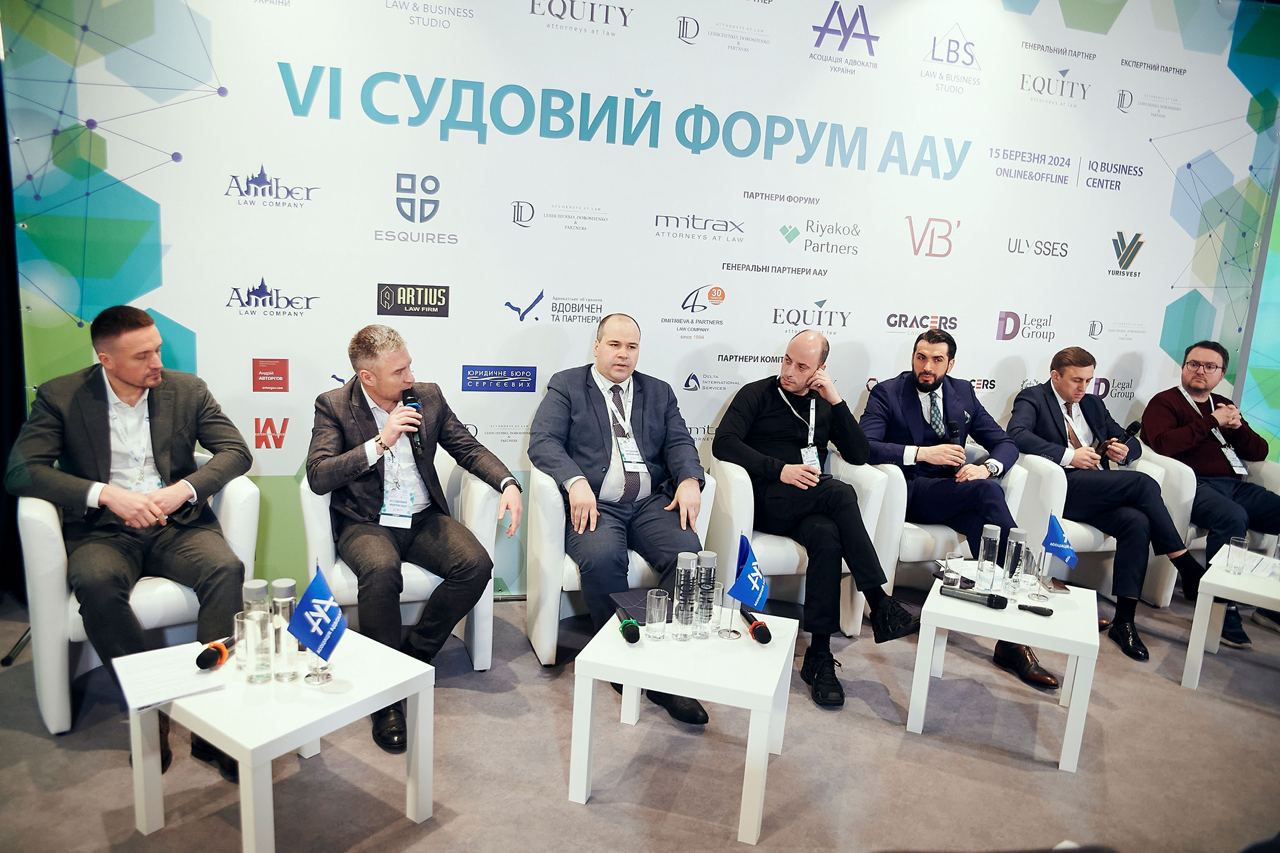
EQUITY acted as the General Partner of the UAA Litigation Forum, the largest Judicial Forum at the legal market, which took place on March 15, 2024.
EQUITY Managing Partner Oleg Malinevskiy moderated the 1st session "Courts 2024: Battle for Independence" at the VI Litigation Forum of the Ukrainian Advocate's Association. During the session the current state and prospects of the judicial system of Ukraine under the influence of the war were discussed.
"The courageous struggle on the battlefield is for our democratic values. The rule of law, respect for human rights, respect for human freedom are the main elements that distinguishes us from the russians. And exactly these freedoms that are the subject of consideration in both national and international courts. This is the subject of our discussions today," stated the Managing Partner of EQUITY.
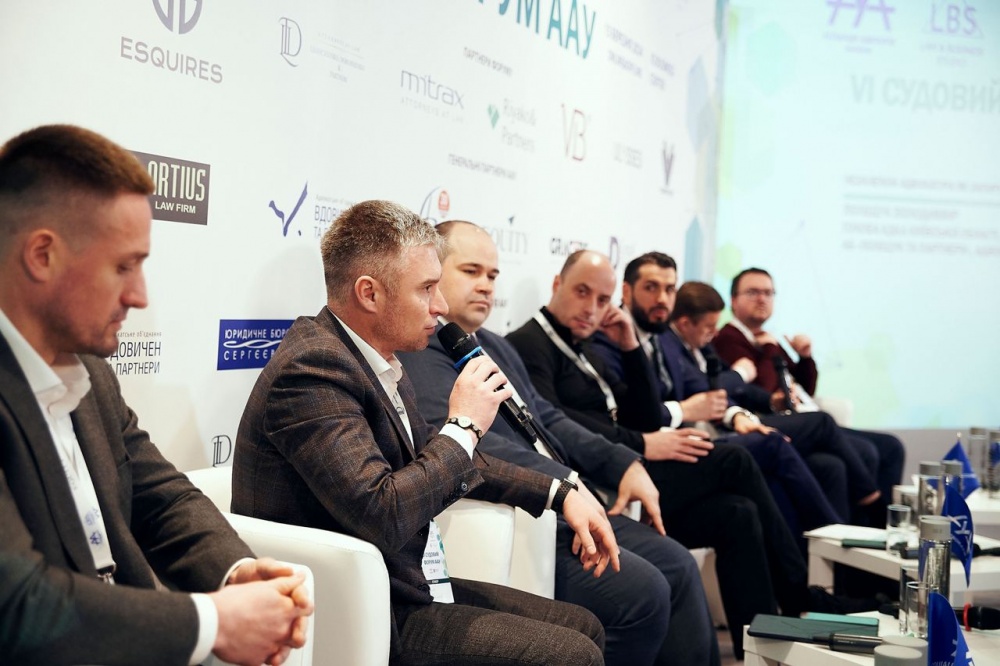
This year, the discussion "Courts 2024: Battle for Independence" was joined by those who work on a daily basis at the state level to ensure the independence of the system. These were representatives of the judicial branch of government, of the legal community, of the NACP and of the Department for Combating Crimes Committed in the Context of Armed Conflict and of the Ministry of Foreign Affairs of Ukraine. The discussion focused on the fight for freedoms and independent judiciary.
Mykola Mazur, Judge of the Grand Chamber of the Supreme Court, emphasised the exceptional distinction of the Ukrainian judicial system, which "is able to consider war crimes cases during a military conflict, not after ". He underlined that the duty of the Ukrainian courts is to apply the elaborated norms in accordance with international law, as it is a matter of justice, public demand and international authority of Ukraine.
During the discussion, Olena Fonova, Judge of the Commercial Court of Luhansk Oblast, talked about the functioning and challenges of the work of courts displaced from the temporarily occupied territories and those located in the area close to the hostilities.
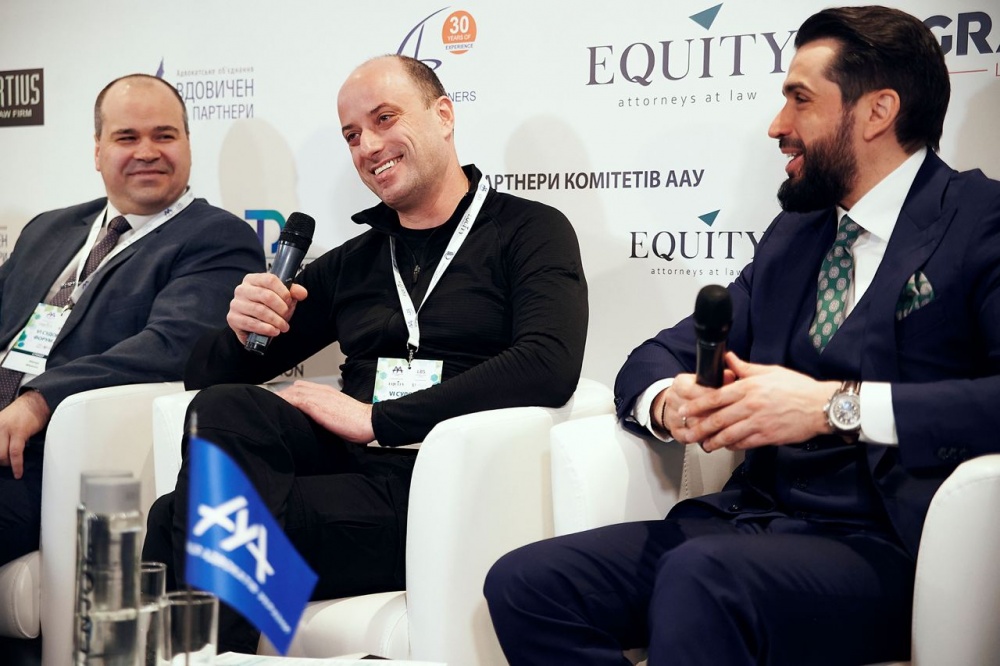
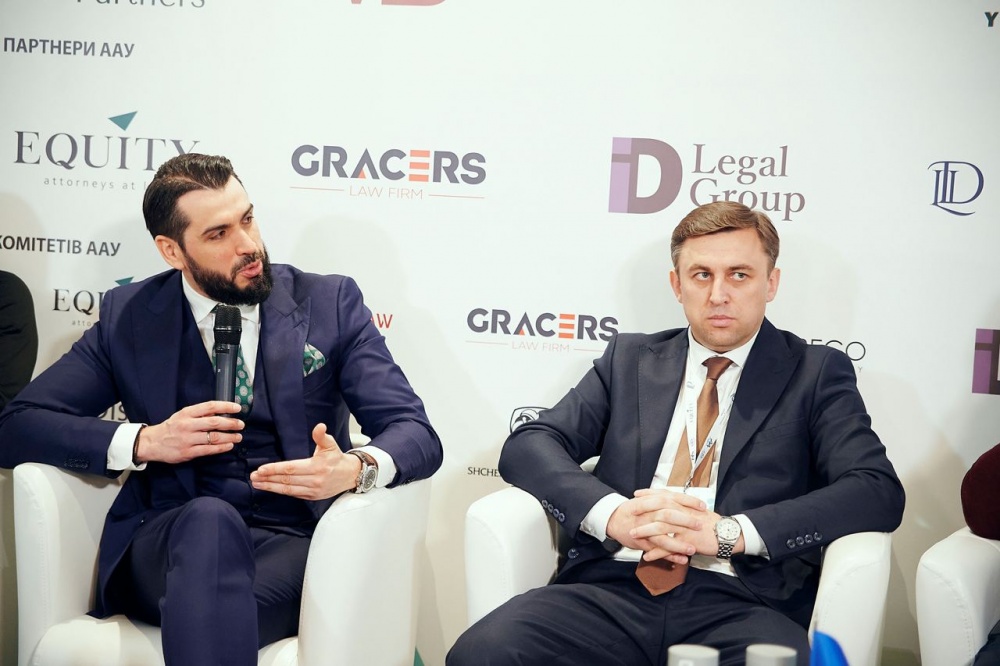
Yuriy Belousov, Head of the Department for Combating Crimes Committed in the Context of Armed Conflict of the Prosecutor General's Office, noted that the biggest challenge for justice in times of war was the necessity to bypass emotions and be guided by reason, and the biggest challenge for the system was to start investigating international crimes, because this is a completely different area of legal regulation and standards.
Anton Korynevych, Ambassador-at-Large of the Ministry of Foreign Affairs, the Agent of Ukraine before the International Court of Justice, also joined the discussion, emphasising that "it is very important to create a specific judicial authority that will have jurisdiction only over the crime of aggression and will complement the International Criminal Court, which will have jurisdiction to consider cases of genocide, crimes against humanity and war crimes on the territory of Ukraine". Work is currently underway to establish this authority.
Volodymyr Polishchuk, Qualification and Disciplinary Bar Commission of the Kyiv Region, raised the issue of an independent bar as a guarantee of effective judicial proceedings. "Searches of a lawyer's office are not about the lawyer. This is a question about the client who has entrusted the lawyer with his or her documents and the conduct of his or her case. If the advocate is not protected, the client cannot be protected either," the speaker said.
During the discussion, Oleksandr Novikov, Head of the National Agency on Corruption Prevention (2020-2024), presented a new concept of the International Investment Court together with the moderator. Mr Novikov emphasised that: "The Law of 2012 (the current Law on the Bar and Practice of Law) really gave the Bar independence. And there is no need to apply to the NACP. At the same time, as representatives of the state, since you provide access to the profession and impose disciplinary penalties, it is obvious that these are state functions. The legislator defines it this way because when an institution performs state functions, corruption risks arise".
Sergiy Stasiuk, Judge of the Kyiv Commercial Court of Kyiv city, also joined the discussion on the Investment Court, providing an overview of the practice of commercial courts.
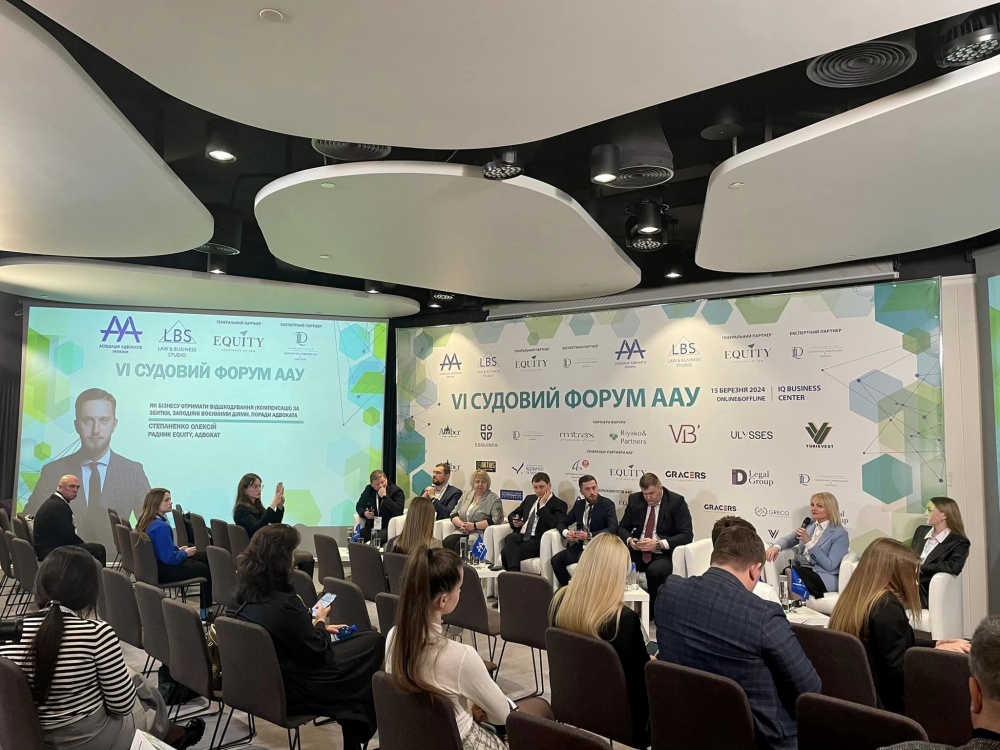
During the 3rd session "Compensation of losses. Sanction cases. Peculiarities of judicial practice in certain categories of cases" at the VI Litigation Forum of the UAA, Counsel of EQUITY Oleksyi Stepanenko spoke on the topic "How to obtain compensation for damages caused by military operations. Attorney's advice".
"The russian federation must pay for the crimes committed, but the problem of recovering damages caused by the war is that today both Ukrainian and international legislation is peacetime legislation, so it does not regulate a number of nuances that arise on the way to recovering damages from the aggressor country," the speaker noted.
During the speech, EQUITY Counsel elaborated on the issue of damages and their compensation. He reviewed the concept of damages, ways of their compensation and mechanisms of compensation payment on the example of Kuwait. The speaker also highlighted the mechanisms for obtaining compensation and the peculiarities of considering cases on recovery of damages from the russian federation in Ukrainian courts. The aspects considered include judicial immunity, identity of the defendant and subject matter jurisdiction, territorial jurisdiction of the dispute, ways of notifying the defendant and substantiation of the civil offence.
In the opinion of Oleksyi Stepanenko, recovering damages from the russian federation in practice is a complex procedure that requires attorneys to take into account many nuances, as well as to develop and test all available options.
Presentation of the Counsel by the link.
We thank all the participants for a productive discussion. The struggle for our independence continues, because "this is a daily process in which each of us is present every day, we must cherish this independence in every decision and in every action we take, ensuring our state independence".
